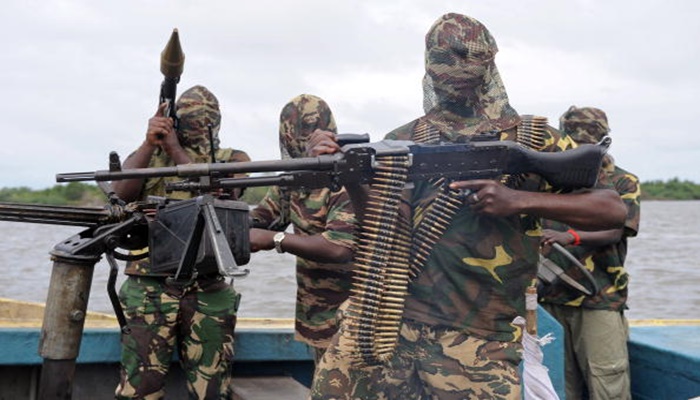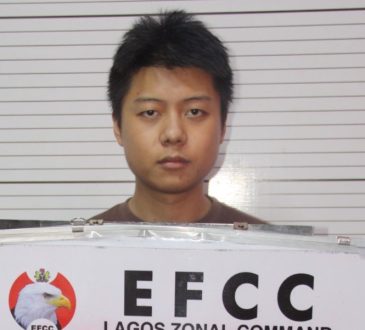
Pirate attacks off the coast of Nigeria rose in the first half of the year, while attacks on shipping globally fell to their lowest level in 21 years, according to the International Maritime Bureau.
Globally, there were 98 actual or attempted pirate attacks in the first half of 2016, according to the International Chamber of Commerce’s IMB, the lowest tally since 1995 and a marked fall on the 134 recorded in the same period last year and the peak of 266 in the first six months of 2011.
In Nigeria, pirates were said to be increasingly looking to kidnap crew members and hold them to ransom.
Nigerian pirates kidnapped 24 crew members in the first half of this year, up from just 10 in the first six months of 2015.
These incidents are “increasingly violent”, with Nigerians accounting for eight of the nine incidents worldwide in which ships were fired on in the January-June period.
The Director, IMB, Mr. Pottengal Mukundan, said that the most serious problems were now off the West Coast of Africa, where Nigerian gangs had adopted “a new trend, which is quite disturbing.”
In the past, these pirates have been content to board ships and steal their cargo, such as oil from tankers. However, this activity has reduced, with Mukundan speculating that the slide in oil prices has made such crime less attractive.
Instead, the gangs now tend to board vessels such as bulk carriers up to 120 nautical miles offshore, kidnap some of the crew and take them ashore to be held for ransom.
Despite the fact that paying a ransom is likely to encourage further kidnappings, Mukundan said they were always paid.
“It’s very difficult to imagine a shipowner who is prepared to ignore the plight of his kidnapped crew members. It will be very unlikely to happen. You can’t abandon them,” he said.
Given that Nigerian pirates had been reported as far South as Angola and as far North as Sierra Leone, Mukundan said greater international cooperation was needed to tackle the problem, with countries being more willing to share information to help secure prosecutions.
The IMB also called for agreements to allow a naval vessel in hot pursuit of suspects to be allowed to travel into the territorial waters of a neighbouring state, rather than being forced to give up the chase.







Comments are closed.